[You can read Anna Moss' article here.]
Beckett and I focus primarily on cognitive functions when typing and coaching people. Because of this, I've had a few people say, "But haven't you seen Anna Moss' article about how the functions don't exist?" They seem worried that our entire type theory will crumble and Type in Mind will be no more.
I always think it's silly that they bring this up at all.
The thing is, the functions Anna Moss is referring to don't have much to do with the ones we use.
Every Type community has formed their own definitions and their own way of doing things. We see different texts as canon — Jung's Psychological Types, Keirsey's Please Understand Me, etc. We have different theories that form our type-vocabularies.
Beckett and I really like the cognitive functions. As we've used them over the years, the terms have grown with us and have come to mean something to us personally. We've redefined the terms in our own ways, and have drawn from many different sources as we've learned about the functions... just like everyone does when they start using Type, whether they realize it or not.
PROOF OF TYPE
Whenever we go looking for physical proof of anecdotal concepts, we have to first define what we're looking for. We have to say "Ti means THIS", "Ni means THIS". This is necessary for any sort of research into Type.
Any evidence that's put forth is meant to prove something specific, like the existence of Type as that researcher is defining it. It does not prove that everything that fits under the umbrella term "Type" exists.
Looking for proof of Type is like looking proof of a kid's imaginary friend.
Depending on how you define what you're looking for, you could prove that the imaginary friend isn't there ("See this heat map? No signs of life. There is no person there."), or you could prove that the imaginary friend is indeed there ("See this brain scan? You can clearly tell that the kid is imagining something.").
You'll get completely different "proof" depending on the assumptions that you walk in with and the way you define "imaginary friend" and "existence".
SO, WHAT IS MOSS TALKING ABOUT?
Moss' article mentions the lack of empirical evidence and research into the functions and type dynamics. I think her points are valid; she raises important questions.
However, I feel that more clarity is needed as to what she means by "cognitive functions" and "type dynamics". Without specific definitions for the various terms used in the research she cites, it's really hard to know if we're talking about the same thing or not.
CRITIQUE OF THE ARTICLE AND ITS SOURCE
If you look carefully, you'll notice that Moss' entire article is only citing work from J. H. Reynierse (with some help from J. B. Harker). She's throwing out cognitive functions entirely (which, mind you, are the only reason MBTI exists) because of one person's theories. I find it especially interesting that Reynierse has come up with his own pet theory for referring to people's types. An example she shares is a IPTNsfje.
I have a lot of issues with his theory, but one of the key one's is that J and P DON'T EXIST. (I don't think I can ever say that too many times in this life...) How can you have a strong preference for P over J if the only thing they point to is which of your functions is extraverted first?
I digress...
CONCLUSION
Her article pretty much goes like this:
"Cognitive Functions" is an unproven hypothetical construct.
One guy I found did some research and stuff.
So here's a new unproven hypothetical construct we should use instead.
I don't find that very compelling and it doesn't inspire confidence.
I've seen a lot of people's lives change through the functions. They make a lot more sense to me than the 4-dichotomy way of measuring people (E-I, N-S, F-T, J-P) and the functions are a lot closer to Jung's original ideas.
I've seen other type theories bring mini "aha" moments in corporate settings (like work or shallow party-talk), but functions actually enable people to go deep into the nitty-gritty of who they are. And it helps them understand the people they love. I'm talking about tear-wrenching, life-changing, I-finally-understand-why-the-6-year-old-me-was-afraid kind of stuff.
In my own life, I've been set free from who I thought I should be and am able to finally BE myself. For years I didn't even realize I was trying to be someone else — functions helped me see that.
So yeah, I think I'm going to keep using the cognitive functions. =)



